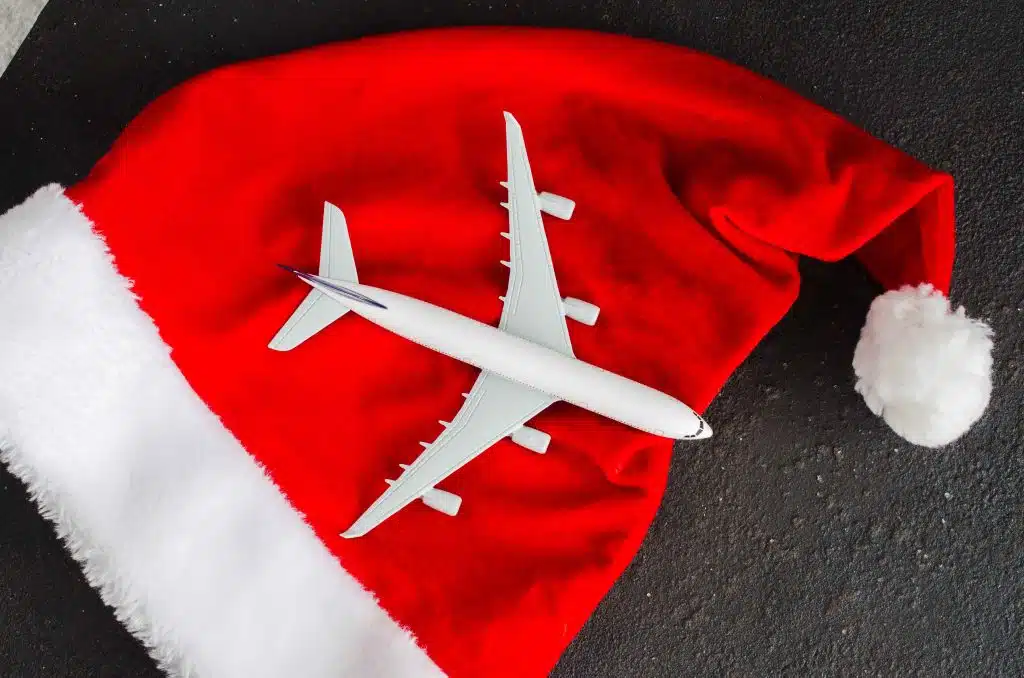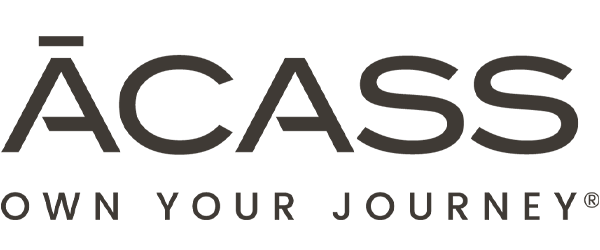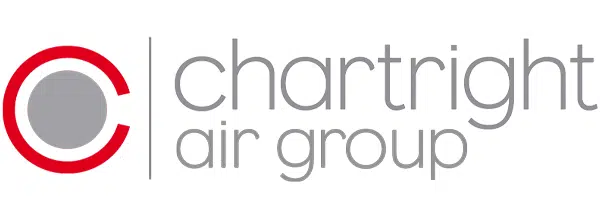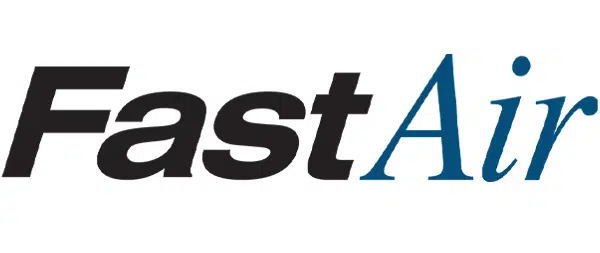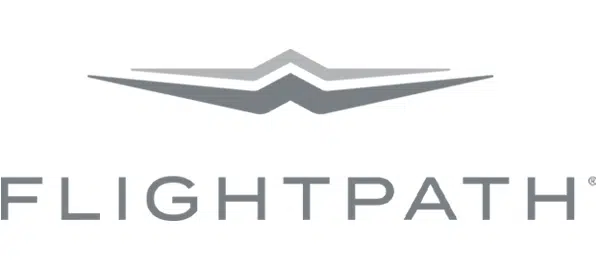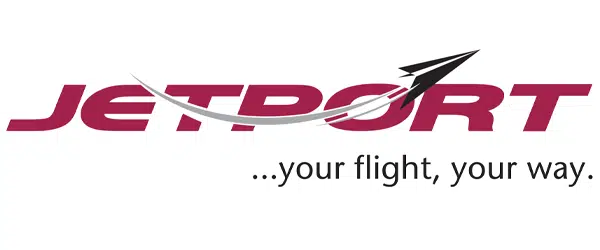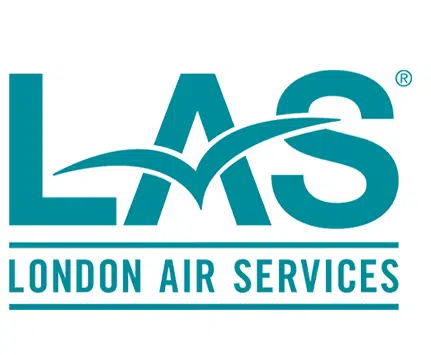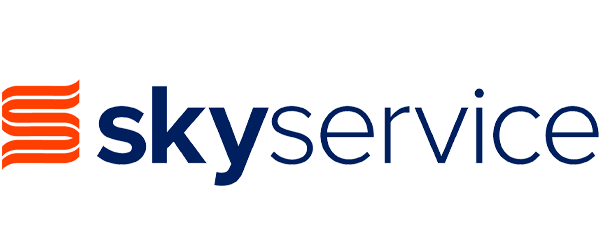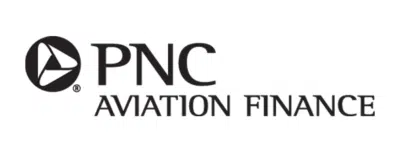Whose Flight Crew Are They?
Canada is rather unique in western aviation civilizations, as due to constitutional restrictions, it has not been able to enact a central aircraft title registry. However, Transport Canada (TC) is mandated by the Canadian Aviation Regulations (CAR’s) to establish a custody and control registry, which is called the Canadian Civil Aircraft Register (CCAR).
Pursuant to CAR Standard 222, TC will register a change of custody and control of aircraft, when it receives required documentation from the title owner. The Standard sets forth only seven factors required in that document, in order to register that change of custody and control.
TC issues a form (26-0309) setting forth those seven requirements. Many utilize only those seven as the basis of a lease, usually referred to as a Short Form Lease. Many do not have secondary documentation in regard to the true commercial relationship to establish some of the prime factors, such as financial consideration. Factors such as consideration are not required in the TC document.
Two of those seven statement requirements are as follows:
“A statement that the aircraft is in the legal custody and control of the Lessee, or of the transferee, for the duration of the lease or agreement.”
and
“A statement that the Lessor or transferor will not provide directly or indirectly any flight crew member to operate the aircraft for the duration of the lease or agreement.”
The first section is to ensure that the “owner” in the CCAR, which is generally an aircraft management company, has complete control over the aircraft. It is also to ensure that at all times the operation of the aircraft will be conducted according to the TC approved operations of that AOC holder.
The second is to ensure that the air crew are under the sole control of the operator and therefore, the operator, pursuant to employment law, can enforce those approved operating standards on all air crew members.
Many countries do not have similar air crew restrictions. The best example from south of our border is where air crew often take control of the commercial affairs of the owner’s aircraft. The worst example was exposed in the Challenger 600 incident at Teterboro in 2005.
This restriction on pilot employment has produced difficulties in certain situations for aircraft management companies. Over the past decades, corporate flight departments have disappeared into these management companies. Employment in the flight department at a large public company often has significant employee benefits to the air crew, which are not generally available in employment at aircraft management companies. Also, the move over to the management company requires the termination of the air crew, at significant expense to the owner company.
The business aircraft industry attracts numerous high net worth individuals, many of whom consider themselves to be “captains of industry”. Often, new business aircraft owners demand control over the flight crew that are delegated to the aircraft by the management company. Crew members are not devoid of human nature, and often devote themselves to the principal of the title company, more so than to the management company. One aircraft management company calls this the baby duck syndrome.
It would appear that TC has recently reduced its vigilance on this employment restriction. We have viewed several Short Form Leases with the following statements being accepted by TC:
- To operate the Aircraft with duly licensed pilots in the employment of the Lessee.
And an even further relaxation by accepting the following:
- To allow only fully qualified pilots in the employment of the Manager to operate the Aircraft.
Our firm continues to advise all companies that these relaxed acceptances are not compliant with the law. However, there are other solutions available in the circumstances.
We suspect, due to incidents of lack of control being exercised by management companies that have been referred to our firm, that a dual employment situation often exists in these situations. The flight crew are employed technically by both entities, and depending on the commercial agreement, one entity employs them on a “dollar a year” basis only.
From our vantage point, it appears that the baby duck syndrome often takes over, resulting in the management company having difficulty in maintaining and operating the aircraft to their approved standards. This arises due to the pressures being made on the air crew by the principal of the title company.
The air crew restriction is legislated for the benefit of the industry being able to maintain its approved operational standards. Any relaxation by management companies of that strict employment requirement only brings heartache and possible sanction to all involved in these dual aircrew loyalty situations.
- New Liability Limits MC99
- Special Aviation Exemptions Issued to Ensure Critical Holiday Operations
- Simplifying Airspace Operations: Understanding AC 700-039 Issue 03 and RVSM Requirements


